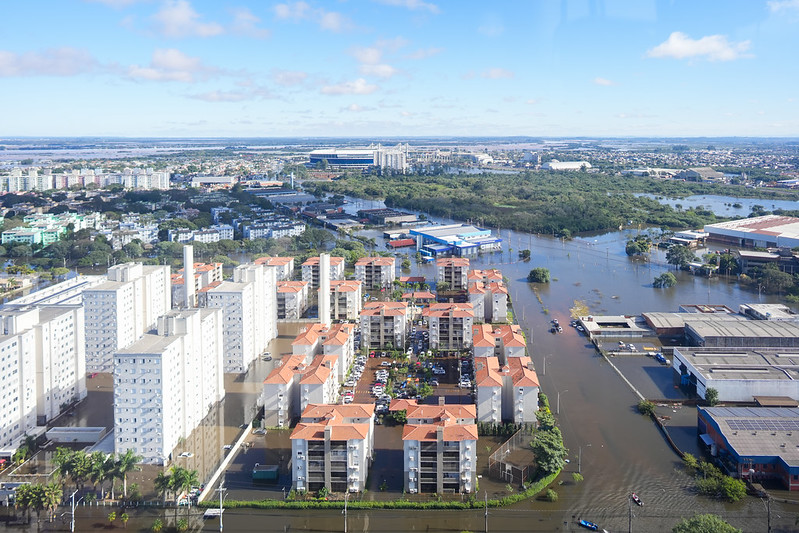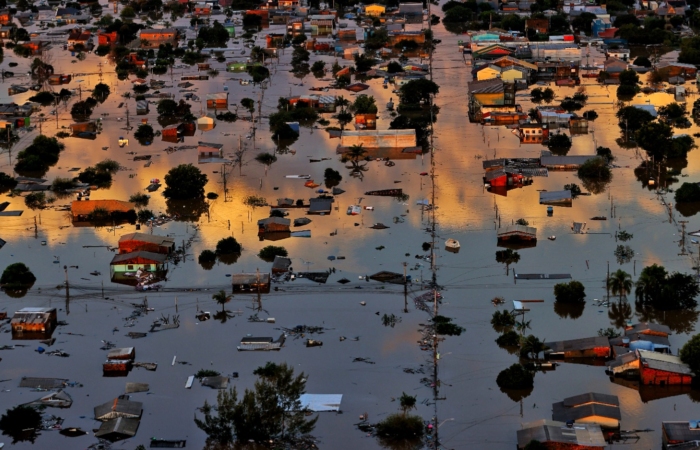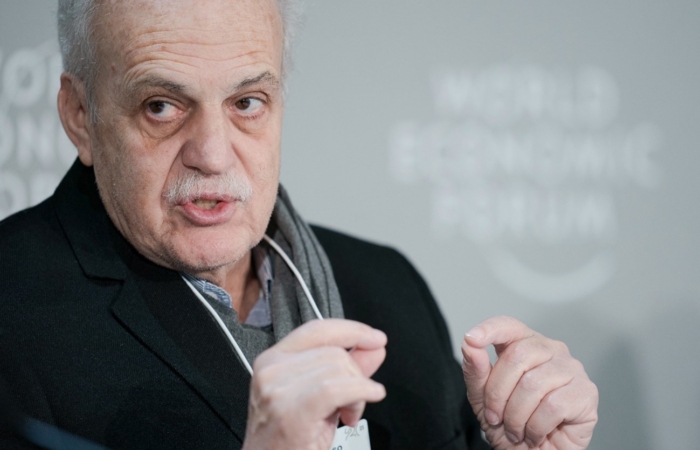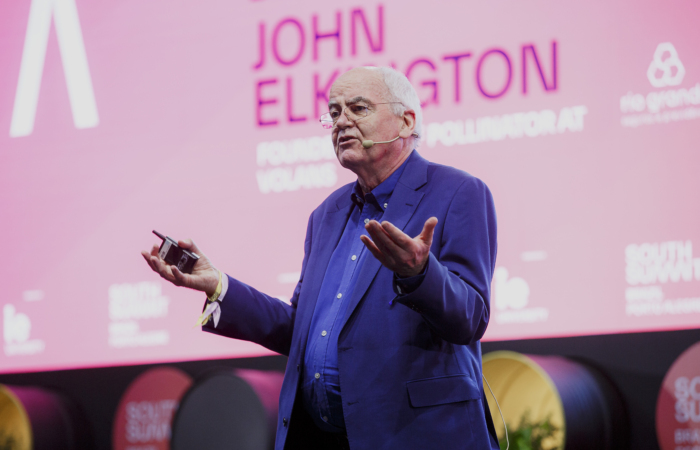
Focusing on the recovery of Rio Grande do Sul, devastated by a flood of unusual proportions in May, business leaders are rallying around funds with financial resources. The objective, connected with the companies' ESG policies, is to ensure resources in the necessary volume, with agility, transparency and more efficiency, to be applied in areas that have become critical due to the effects of the floods, according to an article published in the newspaper Zero Hora, this Tuesday, 11/6. The model chosen to ensure more protagonism and more positive impact on communities is not new, but it gains strength at times when it is important to define priorities and ensure that resources actually reach those who need them.
Rio Grande do Sul itself had already been benefiting, since 2016, from similar actions led by the Floresta Cultural Institute (IFC). The initiative, initially focused on the area of public security, has now engaged in actions with the aim of ensuring greater well-being for people affected by water, contributing to tackling social issues and ensuring conditions for the normalization of economic activity. This is the path also followed by influential groups in Rio Grande do Sul, through RegeneraRS (Gerdau and Helga Gerdau Institute), Ling Institute, Marcopolo Foundation, in addition to many other companies and corporate entities such as Abicalçados, among others, and NGOs such as Generating Falcons.
The actions can benefit from fiscal and tax incentives and are not intended to replace the role of public authorities, but to complement it in areas in which it is possible to act with less bureaucracy. The common point is the search for greater freedom in the appropriate direction of resources and better monitoring of results.
. Click here to check out the article on the GZH website


